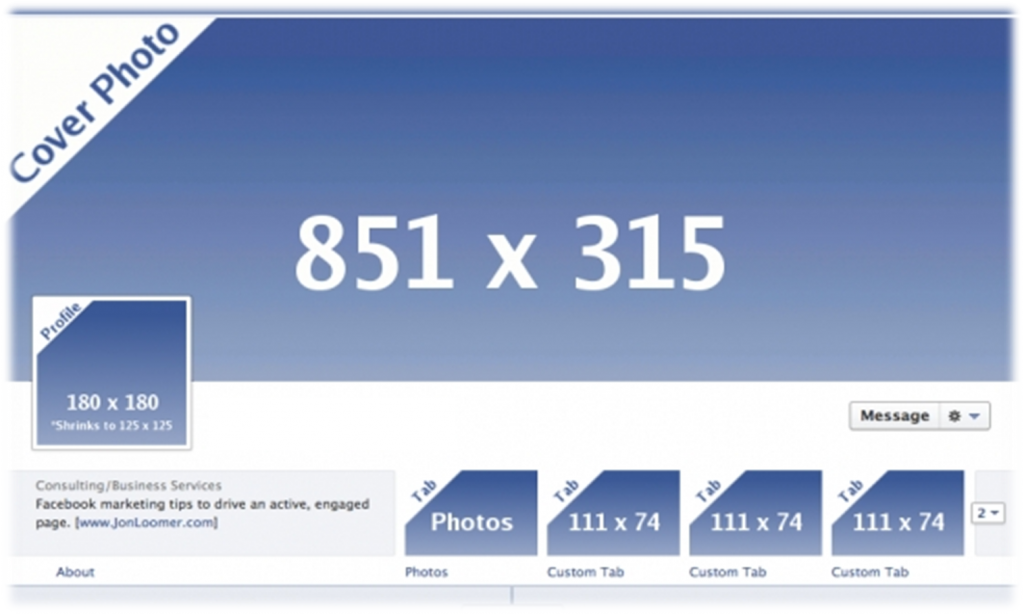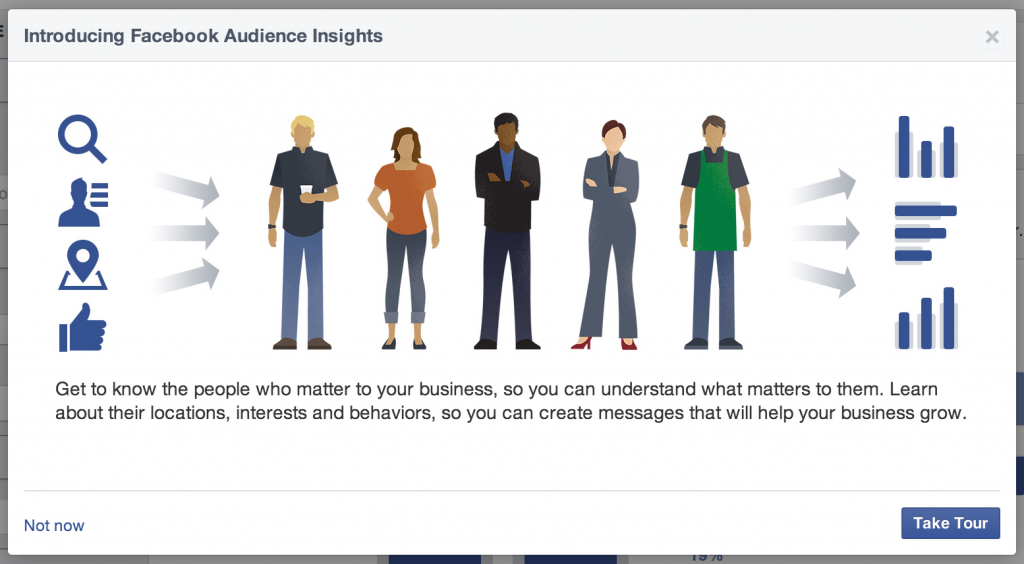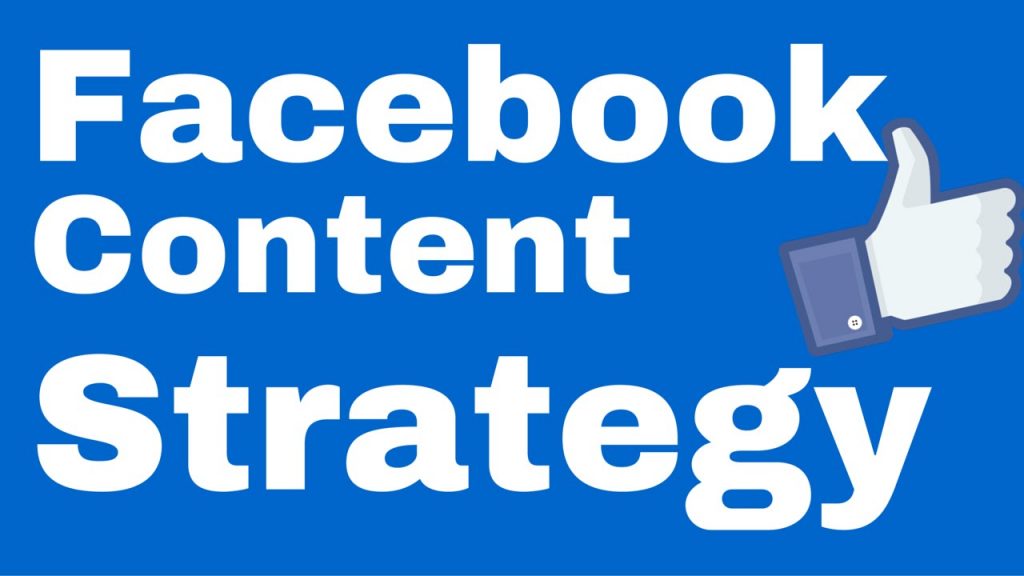 A large chunk of most countries’ net-faring populations possess Facebook accounts. In fact, there is no denying that Facebook is the king of all social networking platforms right now. What this means that any business that doesn’t have a Facebook strategy is not leveraging Facebook. Facebook can be used to tap into your target audience or even engage your existing audience base to improve your customer retention rates. Therefore, if you have a new business that has only just become stable, then it is high time for you to begin thinking about leveraging Facebook and its inherent benefits.
A large chunk of most countries’ net-faring populations possess Facebook accounts. In fact, there is no denying that Facebook is the king of all social networking platforms right now. What this means that any business that doesn’t have a Facebook strategy is not leveraging Facebook. Facebook can be used to tap into your target audience or even engage your existing audience base to improve your customer retention rates. Therefore, if you have a new business that has only just become stable, then it is high time for you to begin thinking about leveraging Facebook and its inherent benefits.
Leveraging Facebook’s benefits doesn’t just mean setting up a Facebook page and sharing whatever comes to your mind. Everything needs to be planned and strategized. This is why you should be investing your time on devising a proper Facebook strategy before you take your Facebook business page live. Even before that, though, you need to build the foundation for your Facebook strategy.
The Foundation of a Good Facebook Strategy
 If you’re looking at creating a Facebook strategy, then it’s highly likely that you already have the requisite foundation in place. Even if you do, it might be prudent for you to recheck it. The first step to doing business online is, of course, to have a working website. Whether you’re selling products or services, you website is going to be at the centre of everything you do online.
If you’re looking at creating a Facebook strategy, then it’s highly likely that you already have the requisite foundation in place. Even if you do, it might be prudent for you to recheck it. The first step to doing business online is, of course, to have a working website. Whether you’re selling products or services, you website is going to be at the centre of everything you do online.
You should see your website as the hub of the wheel that is your entire online presence. Visualise your potential customers and existing customers travelling to the hub i.e. your website through spokes of the wheel. Just like a wheel will collapse without the hub, your online marketing efforts will fold without the presence of a website.
You also need your online marketing efforts to be implemented as a part of an overall business strategy. You need to know the financial capability of your business to know how much you can set aside towards online marketing. You also want your conventional and online marketing techniques to be compatible and contradictory. This means reconciling them within your overall business plan. Essentially, you need everything to be pulling in the same direction to truly reap the benefits.
The vast majority of the techniques you use in your online marketing efforts, and that includes creating and implementing a Facebook strategy, will be directed at generating leads as opposed to generating sales. So, how do you convert these leads into sales? You do it with emails because email marketing is known to be the most successful tool of conversion after the website.
Finally, in order to have a Facebook strategy, you need to have a Facebook business page. There are various techniques and methods of creating a Facebook business page. So, make sure you research into that too. We will, of course, have a post on the same next week.
Facebook Strategy #1: Establish Clear but Realistic Goals
 Right then. We’re all set to create our Facebook strategy now. The most important component of your Facebook strategy is going to be your goals and objectives. First and foremost, you need to realise that generating sales through a social platform is far more difficult than to engage the customer. In fact, most customers don’t even like sales focused messages in their feeds and have a tendency to unfollow when such updates start showing up. Therefore, it is far better for you to have engaging and cultivating your existing and potential customer base as your primary objectives than boosting sales.
Right then. We’re all set to create our Facebook strategy now. The most important component of your Facebook strategy is going to be your goals and objectives. First and foremost, you need to realise that generating sales through a social platform is far more difficult than to engage the customer. In fact, most customers don’t even like sales focused messages in their feeds and have a tendency to unfollow when such updates start showing up. Therefore, it is far better for you to have engaging and cultivating your existing and potential customer base as your primary objectives than boosting sales.
There are three different ways through which you can approach these twin objectives. The first is to increase the exposure of your business. This would mean targeting newer likes. Quantifying this would mean something like getting 1,000 likes in a quarter. The second is to improve the trust value of your business. This is done through engagement and interaction which means likes, shares, and comments for your posts. The third is establishing authority and your business’s qualities. This is done through focusing on sharing your portfolio to show potential customers what you’re capable of while simultaneously getting existing customers to review your work.
Facebook Strategy #2: Research Your Audience and Your Competition
 Your Facebook strategy may be influenced by your goals and objectives but it will primarily be driven on content. One of the best qualities of Facebook is that it allows virtually every type of content to be posted. This includes write-ups, images, videos, and even GIFs. Therefore, you’ll have a treasure trove of options to choose from.
Your Facebook strategy may be influenced by your goals and objectives but it will primarily be driven on content. One of the best qualities of Facebook is that it allows virtually every type of content to be posted. This includes write-ups, images, videos, and even GIFs. Therefore, you’ll have a treasure trove of options to choose from.
How do you choose, though? What is more suitable for your objectives? Do you just pick stuff at random and put them up or is there a way to find what is relevant? These questions are answered with research. In order to answer these questions, you’ll have to conduct two types of research. The first will be researching your target audience and the second will be researching your competitors.
Every business has a demographic wherein it gets the most traction. Identifying this demographic is a key component of any kind of marketing effort. Therefore, you’ll have to spend a considerable amount of time identifying various characteristics of your target audience. This will not only help you with your Facebook strategy but also all your other marketing efforts, whether online or offline.
You should also make it a point to study your competitors. What your competitors are doing with their Facebook pages can reveal a lot to you about your industry as well as your target audience. If you study your competitors’ pages, you’ll be able to see which of their techniques are working and which aren’t. This way, you’ll be able to pick and choose from a pre-tested set of techniques to incorporate into your existing catalogue of methods.
Facebook Strategy #3: Create a Schedule around Your Content Strategy
 As mentioned above, content will always be at the centre of your online marketing strategy. Whether you’re focusing on Search Engine Optimisation or Social Media Optimisation, you’ll have to ensure that you provide the right content. Hence, you’ll need to allocate a large chunk of your time towards creating a content strategy within your efforts to create a Facebook strategy.
As mentioned above, content will always be at the centre of your online marketing strategy. Whether you’re focusing on Search Engine Optimisation or Social Media Optimisation, you’ll have to ensure that you provide the right content. Hence, you’ll need to allocate a large chunk of your time towards creating a content strategy within your efforts to create a Facebook strategy.
Creating a content strategy will be like designing the experience of your followers. You need to make them interested in what you’re offering, retain that interest, and simultaneously pull through your interests as well. This is no easy task because it requires a lot of soft selling. Hard selling is typically a strict no-no when it comes to Facebook or, for that matter, any other social media platform. You can offer discounts and promo codes but even then you’re catering to the interest of the customer before your own.
Ideally, you should diversify the content you share as much as possible. This means posting everything from your blog content and website reviews to fun images, fancy videos, and even lifestyle content. The more variety you’ll offer, the better your Facebook business page will perform. You will also have to be very consistent with your postings. There shouldn’t be long gaps in your posts. At the same time, your posts can’t come too often either or they’ll start irking people.
Resultantly, you need to pace your content appropriately and this means creating a content calendar. This content calendar should ideally contain details of what you’ll post on what time and day for a period of at least three months.
Facebook Strategy #4: Set Up Tracking and Monitoring
 Having an established Facebook strategy is very important. However, this doesn’t mean that the strategy has to be fixed. The problem with a fixed strategy is that it doesn’t take into account performance. On the contrary, if you incorporate the element of tracking and monitoring your Facebook strategy, then you’ll be constantly improving the results.
Having an established Facebook strategy is very important. However, this doesn’t mean that the strategy has to be fixed. The problem with a fixed strategy is that it doesn’t take into account performance. On the contrary, if you incorporate the element of tracking and monitoring your Facebook strategy, then you’ll be constantly improving the results.
Therefore, if the Facebook strategy isn’t giving the right results initially, you can tweak it so that it does. Similarly, if an element of your Facebook strategy is living up to your expectations, then you can emphasise that aspect even more. The trick is to constantly modify and improve your Facebook strategy, which is only possible if you have a performance measuring system in place.
It is actually fairly easy to track and monitor your efforts on Facebook. The social media platform provides business page owners with page metrics under the heading of Facebook Insights. By simply playing with this feature, you can actually figure out how effective your Facebook strategy really is. Furthermore, we also recommend that you insert tracking URLs into your updates, so you can evaluate click through rates and conversions.
Leave a Reply